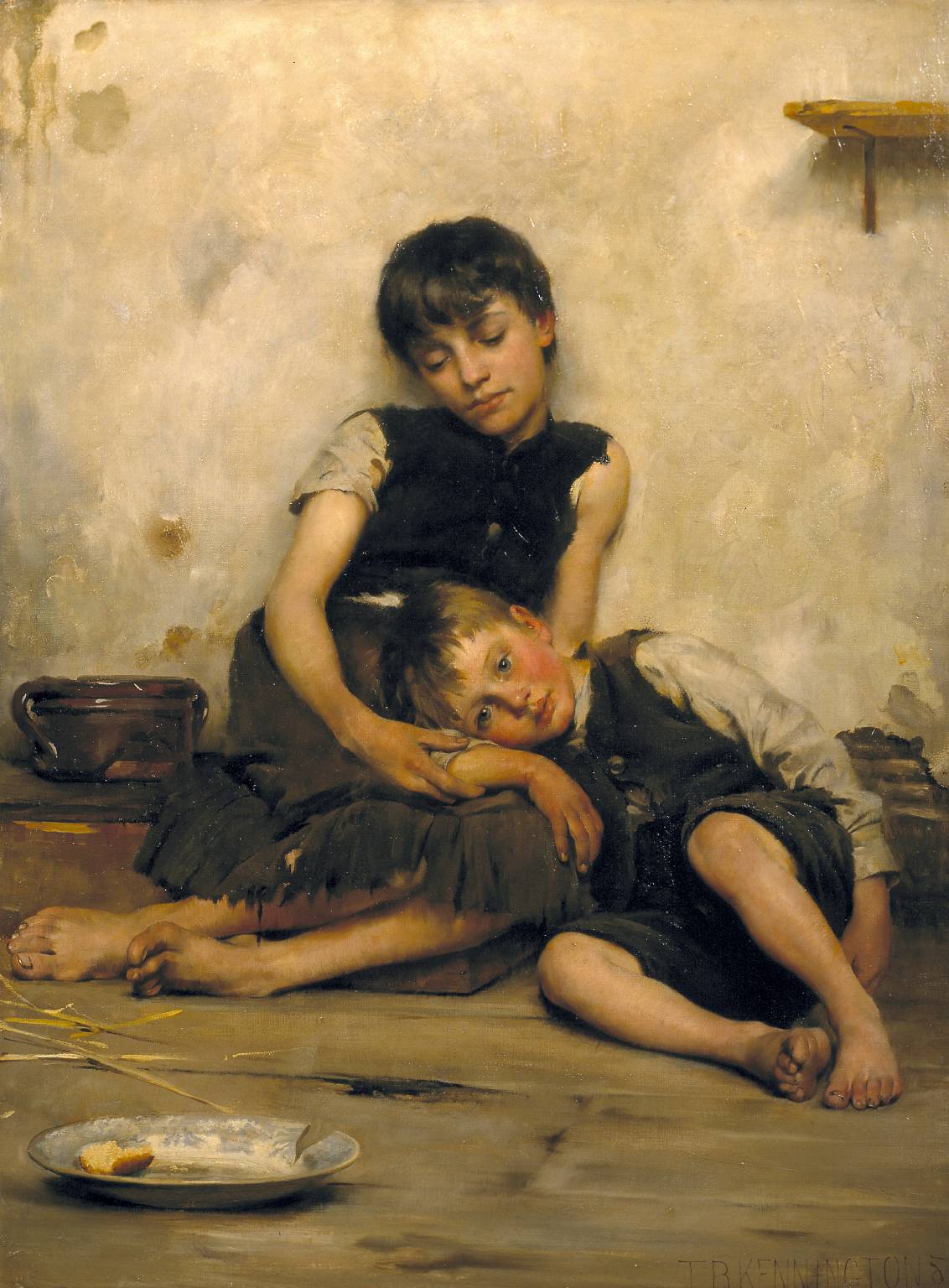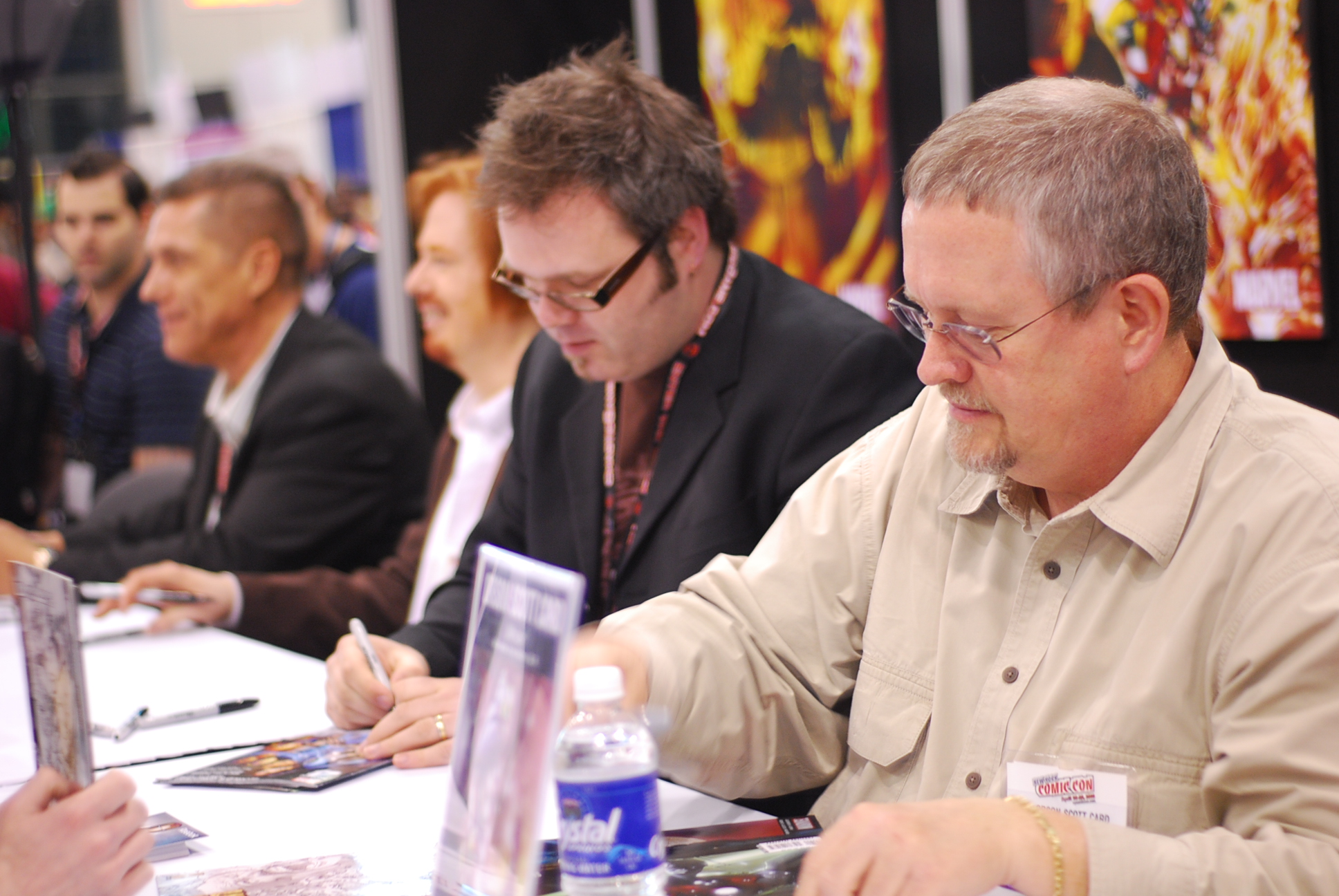|
Vesper Holly
Vesper Holly is the protagonist in a series of novels by Lloyd Alexander. She is a young high-society orphan from Philadelphia, the daughter of an eccentric wealthy archaeologist who disappeared while on an expedition to the Balkan state of Illyria. Vesper is looked after by her guardians, Uncle Brinnie and Aunt Mary. Vesper is young and wild—not at all the proper Victorian schoolgirl. Alexander describes her as having "the digestive talents of a goat and the mind of a chess master. She is familiar with half a dozen languages and can swear in all of them."''The Illyrian Adventure'' She is the main character in the following books: *''The Illyrian Adventure'' (1987) *''The El Dorado Adventure'' (1987) *''The Drackenberg Adventure'' (1988) *''The Jedera Adventure'' (1989) *''The Philadelphia Adventure'' (1990) *''The Xanadu Adventure'' (2005) Reception Orson Scott Card reviewed ''The Illyrian Adventure'' favorably, saying "It is the stuff that dreams are made of. I wish I had had ... [...More Info...] [...Related Items...] OR: [Wikipedia] [Google] [Baidu] |
Lloyd Alexander
Lloyd Chudley Alexander (January 30, 1924 – May 17, 2007) was an American author of more than 40 books, primarily fantasy novels for children and young adults. Over his seven-decade career, Alexander wrote 48 books, and his work has been translated into 20 languages. His most famous work is '' The Chronicles of Prydain'', a series of five high fantasy novels whose conclusion, '' The High King'', was awarded the 1969 Newbery Medal for excellence in American children's literature. He won U.S. National Book Awards in 1971 and 1982."National Book Awards – 1971" National Book Foundation (NBF). Retrieved 2012-02-22. [...More Info...] [...Related Items...] OR: [Wikipedia] [Google] [Baidu] |
Orphan
An orphan (from the el, ορφανός, orphanós) is a child whose parents have died. In common usage, only a child who has lost both parents due to death is called an orphan. When referring to animals, only the mother's condition is usually relevant (i.e. if the female parent has gone, the offspring is an orphan, regardless of the father's condition). Definitions Various groups use different definitions to identify orphans. One legal definition used in the United States is a minor bereft through "death or disappearance of, abandonment or desertion by, or separation or loss from, both parents". In the common use, an orphan does not have any surviving parent to care for them. However, the United Nations Children's Fund (UNICEF), Joint United Nations Programme on HIV and AIDS (UNAIDS), and other groups label any child who has lost one parent as an orphan. In this approach, a ''maternal orphan'' is a child whose mother has died, a ''paternal orphan'' is a child whose fa ... [...More Info...] [...Related Items...] OR: [Wikipedia] [Google] [Baidu] |
Philadelphia
Philadelphia, often called Philly, is the largest city in the Commonwealth of Pennsylvania, the sixth-largest city in the U.S., the second-largest city in both the Northeast megalopolis and Mid-Atlantic regions after New York City. Since 1854, the city has been coextensive with Philadelphia County, the most populous county in Pennsylvania and the urban core of the Delaware Valley, the nation's seventh-largest and one of world's largest metropolitan regions, with 6.245 million residents . The city's population at the 2020 census was 1,603,797, and over 56 million people live within of Philadelphia. Philadelphia was founded in 1682 by William Penn, an English Quaker. The city served as capital of the Pennsylvania Colony during the British colonial era and went on to play a historic and vital role as the central meeting place for the nation's founding fathers whose plans and actions in Philadelphia ultimately inspired the American Revolution and the nation's inde ... [...More Info...] [...Related Items...] OR: [Wikipedia] [Google] [Baidu] |
Archaeologist
Archaeology or archeology is the scientific study of human activity through the recovery and analysis of material culture. The archaeological record consists of Artifact (archaeology), artifacts, architecture, biofact (archaeology), biofacts or ecofacts, archaeological site, sites, and cultural landscapes. Archaeology can be considered both a social science and a branch of the humanities. It is usually considered an independent academic discipline, but may also be classified as part of anthropology (in North America – the four-field approach), history or geography. Archaeologists study human prehistory and history, from the development of the first stone tools at Lomekwi in East Africa 3.3 million years ago up until recent decades. Archaeology is distinct from palaeontology, which is the study of fossil remains. Archaeology is particularly important for learning about prehistoric societies, for which, by definition, there are no written records. Prehistory includes ove ... [...More Info...] [...Related Items...] OR: [Wikipedia] [Google] [Baidu] |
Illyria
In classical antiquity, Illyria (; grc, Ἰλλυρία, ''Illyría'' or , ''Illyrís''; la, Illyria, ''Illyricum'') was a region in the western part of the Balkan Peninsula inhabited by numerous tribes of people collectively known as the Illyrians. Illyrians spoke the Illyrian language, an Indo-European language, which in ancient times perhaps also had speakers in some parts of Southern Italy. The geographical term Illyris (distinct from ''Illyria'') was sometimes used to define approximately the area of northern and central Albania down to the Aoös valley (modern Vjosa), including in most periods much of the lakeland area. In Roman times the terms Illyria / Illyris / Illyricum were extended from the territory that was roughly located in the area of the south-eastern Adriatic coast (modern Albania and Montenegro) and its hinterland, to a broader region stretching between the Adriatic Sea and the Danube, and from the upper reaches of the Adriatic down to the Ardiaei. From abo ... [...More Info...] [...Related Items...] OR: [Wikipedia] [Google] [Baidu] |
The Illyrian Adventure
''The'' () is a grammatical article in English, denoting persons or things that are already or about to be mentioned, under discussion, implied or otherwise presumed familiar to listeners, readers, or speakers. It is the definite article in English. ''The'' is the most frequently used word in the English language; studies and analyses of texts have found it to account for seven percent of all printed English-language words. It is derived from gendered articles in Old English which combined in Middle English and now has a single form used with nouns of any gender. The word can be used with both singular and plural nouns, and with a noun that starts with any letter. This is different from many other languages, which have different forms of the definite article for different genders or numbers. Pronunciation In most dialects, "the" is pronounced as (with the voiced dental fricative followed by a schwa) when followed by a consonant sound, and as (homophone of the archaic pr ... [...More Info...] [...Related Items...] OR: [Wikipedia] [Google] [Baidu] |
Orson Scott Card
Orson Scott Card (born August 24, 1951) is an American writer known best for his science fiction works. He is the first and (as of 2022) only person to win both a Hugo Award and a Nebula Award in consecutive years, winning both awards for both his novel '' Ender's Game'' (1985) and its sequel '' Speaker for the Dead'' (1986). A feature film adaptation of ''Ender's Game'', which Card co-produced, was released in 2013. Card also wrote the Locus Fantasy Award-winning series '' The Tales of Alvin Maker'' (1987–2003). Card's works were influenced by classic literature, popular fantasy, and science fiction; he often uses tropes from genre fiction. His background as a screenwriter has helped Card make his works accessible. Card's early fiction is original but contains graphic violence. His fiction often features characters with exceptional gifts who make difficult choices with high stakes. Card has also written political, religious, and social commentary in his columns and other ... [...More Info...] [...Related Items...] OR: [Wikipedia] [Google] [Baidu] |
F&SF
''The Magazine of Fantasy & Science Fiction'' (usually referred to as ''F&SF'') is a U.S. fantasy fiction magazine, fantasy and science fiction magazine first published in 1949 by Mystery House, a subsidiary of Lawrence E. Spivak, Lawrence Spivak's Mercury Publications, Mercury Press. Editors Anthony Boucher and J. Francis McComas had approached Spivak in the mid-1940s about creating a fantasy companion to Spivak's existing mystery title, ''Ellery Queen's Mystery Magazine''. The first issue was titled ''The Magazine of Fantasy'', but the decision was quickly made to include science fiction as well as fantasy, and the title was changed correspondingly with the second issue. ''F&SF'' was quite different in presentation from the existing science fiction magazines of the day, most of which were in pulp magazine, pulp format: it had no interior illustrations, no letter column, and text in a single column format, which in the opinion of science fiction historian Mike Ashley (writer), ... [...More Info...] [...Related Items...] OR: [Wikipedia] [Google] [Baidu] |
Fictional Characters From Philadelphia
Fiction is any creative work, chiefly any narrative work, portraying individuals, events, or places that are imaginary, or in ways that are imaginary. Fictional portrayals are thus inconsistent with history, fact, or plausibility. In a traditional narrow sense, "fiction" refers to written narratives in prose often referring specifically to novels, novellas, and short stories. More broadly, however, fiction encompasses imaginary narratives expressed in any medium, including not just writings but also live theatrical performances, films, television programs, radio dramas, comics, role-playing games, and video games. Definition Typically, the fictionality of a work is publicly marketed and so the audience expects the work to deviate in some ways from the real world rather than presenting, for instance, only factually accurate portrayals or characters who are actual people. Because fiction is generally understood to not fully adhere to the real world, the themes and contex ... [...More Info...] [...Related Items...] OR: [Wikipedia] [Google] [Baidu] |
Fictional Explorers
Fiction is any creative work, chiefly any narrative work, portraying individuals, events, or places that are imaginary, or in ways that are imaginary. Fictional portrayals are thus inconsistent with history, fact, or plausibility. In a traditional narrow sense, "fiction" refers to written narratives in prose often referring specifically to novels, novellas, and short stories. More broadly, however, fiction encompasses imaginary narratives expressed in any medium, including not just writings but also live theatrical performances, films, television programs, radio dramas, comics, role-playing games, and video games. Definition Typically, the fictionality of a work is publicly marketed and so the audience expects the work to deviate in some ways from the real world rather than presenting, for instance, only factually accurate portrayals or characters who are actual people. Because fiction is generally understood to not fully adhere to the real world, the themes and context ... [...More Info...] [...Related Items...] OR: [Wikipedia] [Google] [Baidu] |

.jpg)
.png)


